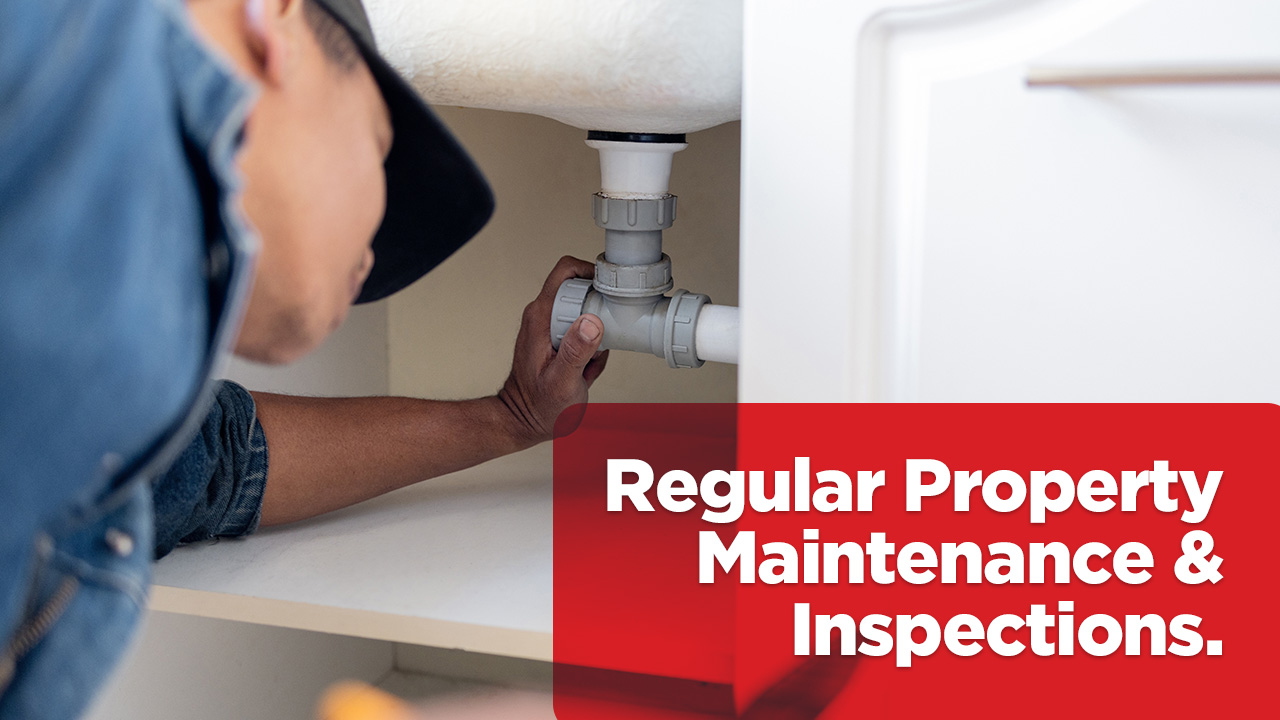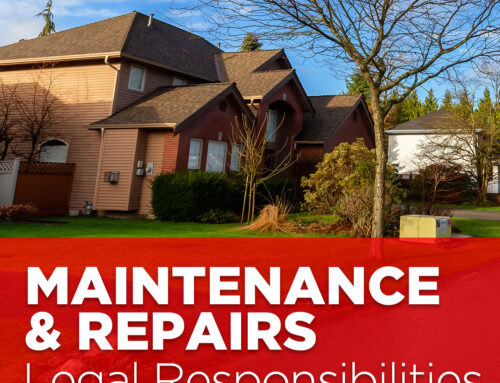Investing in rental properties can be a lucrative venture, but it requires strategic planning and diligent management to ensure long-term profitability. Whether you’re a seasoned landlord or just starting out, these five tips can help you maximize your return on investment and ensure your properties endure the test of time.
1. Thorough Tenant Screening
One of the most critical aspects of successful property management is selecting the right tenants. A thorough tenant screening process can save you from potential headaches down the line. It’s essential to conduct background checks, verify income, and contact previous landlords to get a comprehensive understanding of the applicant’s rental history and financial stability.
Additionally, consider setting clear criteria for prospective tenants, such as a minimum credit score, income-to-rent ratio, and rental history. While it may take a bit longer to find the right tenant, it will significantly reduce the likelihood of late payments, property damage, and potential evictions.

2. Regular Property Maintenance and Inspections
Maintaining your investment property is not only crucial for its long-term value but also for attracting and retaining quality tenants. Regular inspections allow you to identify and address minor issues before they escalate into costly repairs. Create a maintenance schedule for tasks like HVAC system checks, plumbing inspections, and routine landscaping.
Moreover, promptly addressing tenant-reported maintenance issues demonstrates your commitment to their well-being and encourages them to take better care of the property. It’s also a good idea to budget for periodic updates and renovations to keep the property competitive in the rental market.

3. Adapt to Market Trends and Tenant Needs
The real estate market is dynamic, and so are the needs and preferences of tenants. Staying informed about current market trends and understanding what tenants are looking for can give you a competitive edge. For example, consider offering amenities like high-speed internet, energy-efficient appliances, or in-unit laundry facilities.
Additionally, pay attention to the demographic of your target tenant population. For instance, if your property is in an area with a growing number of young professionals, consider providing a workspace or incorporating smart home technology. Adapting to market trends and tenant needs can help you attract and retain quality renters, ultimately boosting your property’s profitability.
4. Effective Communication and Responsiveness
Clear and timely communication is essential in any landlord-tenant relationship. Establish open lines of communication from the beginning, and provide tenants with multiple ways to reach you, whether through phone, email, or a property management platform. Respond promptly to inquiries, concerns, and maintenance requests.
Additionally, set clear expectations for both parties by outlining responsibilities in the lease agreement. This can help prevent misunderstandings and conflicts in the future. Building a positive and professional relationship with your tenants can lead to longer lease terms and reduced turnover, which in turn increases the stability and profitability of your investment.

5. Smart Financial Management
Managing your property’s finances effectively is crucial for long-term profitability. Keep detailed records of all income and expenses associated with the property, and consider using accounting software or hiring a professional to help with bookkeeping. This will not only make tax season smoother but also provide valuable insights into your property’s financial performance.
Moreover, create a budget that includes anticipated expenses such as property taxes, insurance, maintenance, and any mortgage payments. Factor in a contingency fund for unexpected repairs or vacancies. Being financially prepared ensures that you can weather any unforeseen challenges without jeopardizing your investment’s profitability.
In conclusion, successful property management requires a combination of careful planning, proactive maintenance, and effective communication. By following these five tips, landlords can create a solid foundation for their investment properties to thrive in the long run. Remember, a well-managed property not only benefits the landlord but also provides a safe and comfortable living environment for tenants, fostering a positive and enduring landlord-tenant relationship.




